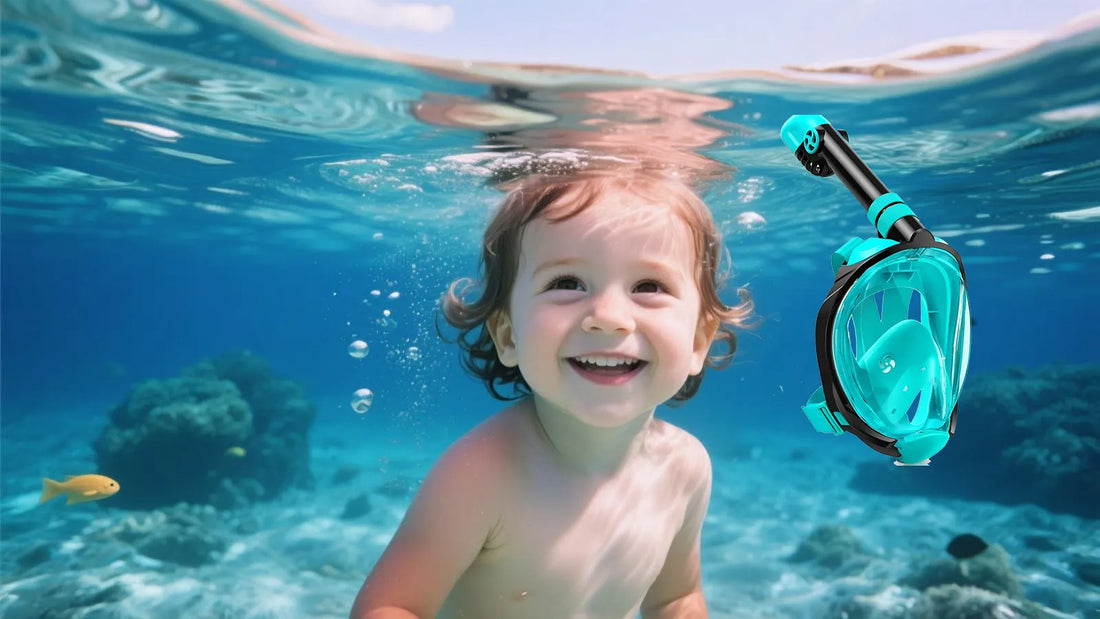Scuba diving is an exhilarating experience that allows you to explore the underwater world, but it also comes with its own set of unique challenges and curiosities. One such curiosity that often sparks questions is: what happens when you fart while scuba diving? While it might seem like a humorous or trivial topic, the science behind it is both fascinating and relevant to divers. Let’s dive into the details and uncover the truth about this underwater phenomenon.
The Physics of Gas Underwater
To understand what happens when you fart while scuba diving, it’s essential to grasp the basic principles of gas behavior underwater. When you descend into the depths, the pressure around you increases significantly. For every 10 meters (33 feet) of depth, the pressure increases by one atmosphere. This change in pressure affects the gases in your body, including those in your digestive system.
As pressure increases, the volume of gas decreases, and vice versa. This principle is known as Boyle’s Law. When you’re underwater, the gas in your intestines is compressed, making it denser. However, when you release gas (fart), it expands as it rises toward the surface due to the decreasing pressure. This expansion can have some interesting effects, which we’ll explore further.
Does Farting Affect Buoyancy?
One of the most common questions divers have is whether farting affects their buoyancy. Buoyancy is a critical aspect of scuba diving, as it determines whether you float, sink, or remain neutral in the water. The answer is yes, farting can have a minor impact on your buoyancy, but it’s usually negligible.
When you release gas, it creates a small upward force as it rises to the surface. This force can slightly reduce your overall weight in the water, making you marginally more buoyant. However, the amount of gas released during a typical fart is minimal, so the effect on buoyancy is usually too small to notice. That said, if you were to release a significant amount of gas, it could theoretically cause a more noticeable change in buoyancy.
Is It Safe to Fart While Scuba Diving?
Safety is a top priority for divers, so it’s natural to wonder whether farting underwater poses any risks. The good news is that farting while scuba diving is generally safe. The gas released is simply air from your digestive system, and it doesn’t contain any harmful substances that could affect your dive.
However, there are a few considerations to keep in mind. If you’re wearing a wetsuit or drysuit, the gas may get trapped inside the suit, causing it to expand slightly. This expansion can lead to discomfort or even a temporary loss of buoyancy control. To avoid this, it’s best to release gas slowly and ensure that your suit fits properly to allow any trapped air to escape.
The Role of Diet in Underwater Flatulence
Your diet can play a significant role in how much gas you produce while scuba diving. Certain foods, such as beans, carbonated beverages, and high-fiber items, are known to increase gas production in the digestive system. If you’re planning a dive, it’s a good idea to avoid these foods beforehand to minimize the chances of needing to fart underwater.
Additionally, staying hydrated and eating a balanced diet can help regulate your digestive system and reduce gas buildup. While it’s impossible to completely eliminate gas production, making mindful dietary choices can help ensure a more comfortable dive.
What Happens to the Gas After You Fart?
Once you release gas underwater, it begins to rise toward the surface due to its buoyancy. As it ascends, the gas expands in volume because the surrounding pressure decreases. This expansion can cause the gas to disperse more quickly, making it less noticeable to you or anyone nearby.
In most cases, the gas will simply bubble up to the surface and dissipate into the atmosphere. However, if you’re diving in a confined space, such as a cave or wreck, the gas may accumulate and create a small pocket of air. This scenario is rare but worth considering if you’re planning to explore tight underwater spaces.
Fun Facts About Farting Underwater
While the topic of farting while scuba diving is often met with laughter, it’s also a subject of scientific interest. Here are a few fun facts to lighten the mood:
- The sound of a fart is muffled underwater, making it less audible than on land.
- Fish and other marine life are unlikely to notice or be affected by your flatulence.
- Some divers joke that farting can be used as a makeshift propulsion method, though it’s not a practical technique.
These tidbits add a touch of humor to the topic while highlighting the unique aspects of underwater physiology.
Practical Tips for Divers
If you’re concerned about farting while scuba diving, here are a few practical tips to keep in mind:
- Be mindful of your diet before a dive to reduce gas production.
- Ensure your wetsuit or drysuit fits properly to allow trapped air to escape.
- Practice good buoyancy control to compensate for any minor changes caused by gas release.
- Stay relaxed and focus on enjoying your dive, as stress can sometimes exacerbate digestive issues.
By following these tips, you can minimize any potential discomfort and focus on the incredible experience of exploring the underwater world.
So, what happens when you fart while scuba diving? While it might seem like a quirky question, the answer reveals fascinating insights into the physics of gas and the human body underwater. Whether you’re a seasoned diver or a curious beginner, understanding this phenomenon can add a new layer of appreciation for the science behind your adventures. Next time you’re underwater, you’ll know exactly what’s going on—and maybe even have a good laugh about it!

